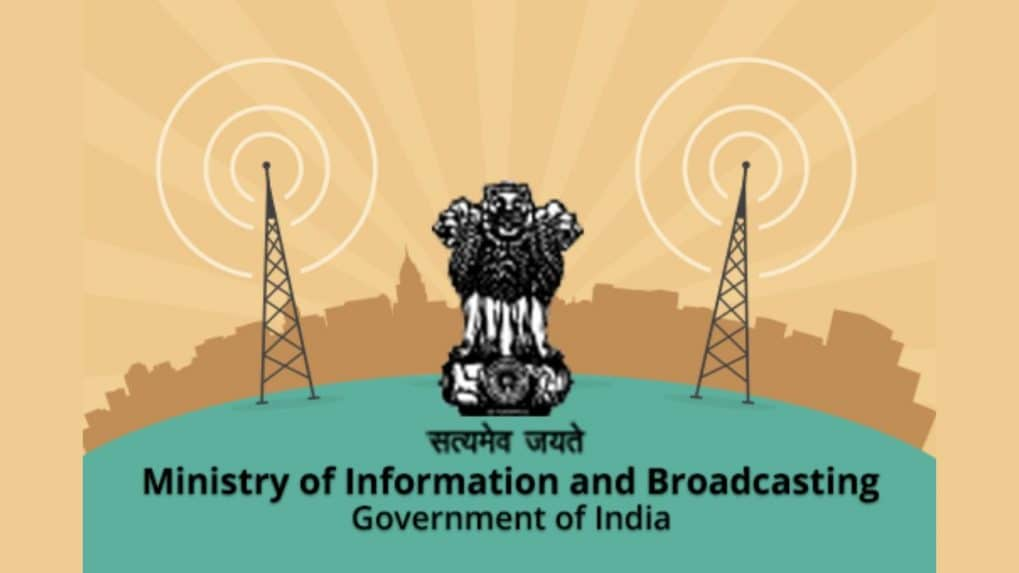Online ad rules at inter-ministerial stage, nearing finalisation: MIB tells Parliamentary panel
The Advertising Standards Council of India (ASCI) stated that digital platforms accounted for a staggering 94.4% of all advertising violations in FY 2024–25.
ADVERTISEMENT
The Ministry of Information and Broadcasting (MIB) is in the final stages of formulating rules to regulate online advertisements, the government has informed the Parliamentary Standing Committee on Information and Communications Technology.
The committee, chaired by Lok Sabha MP Dr. Nishikant Dubey, had earlier asked the ministry to provide an update on the status of these regulations. The development comes amid increasing scrutiny of digital advertising practices and the growing influence of online content platforms.
According to the report tabled in the Lok Sabha on July 24, 2025, the Central Government had amended the Allocation of Business Rules via a notification dated July 28, 2023, bringing online advertisements, along with digital films, audio-visual content, and online news, under the jurisdiction of the Ministry of Information and Broadcasting.
The revised entries under the Allocation of Business Rules included:
22A: Films and audio-visual programmes/content made available by online content providers/publishers
22B: News and current affairs content on online platforms
22C: Online Advertisements
“In this regard, it is stated that the Ministry of Information and Broadcasting is in the process of formulation of rules for regulation of online advertisements as per allocation of business,” the committee’s December 2024 report on Demands for Grants had noted, seeking a status update.
Responding to the panel’s query, the ministry said the draft rules are currently undergoing Inter-Ministerial Consultation and are being finalized. This indicates that a formal regulatory framework for online advertising may be notified soon.
MIB informed the government that, "The Rules or regulation of online advertisements are currently in the Inter-Ministerial Consultation stage and the draft rules are being finalized by the Ministry."
According to data from the Advertising Standards Council of India (ASCI), digital platforms accounted for a staggering 94.4% of all advertising violations in FY 2024–25. In contrast, print made up just 2.4%, TV 2.6%, and outdoor and radio combined only 0.6%. Most violations were concentrated on Meta platforms, e-commerce sites, general websites, Twitter, mobile apps, property portals, and email services. Platforms such as Google, LinkedIn, and OTT services reported relatively fewer infractions.
With an aim to ensure ensure responsible digital advertising, the Ministry had launched the Digital Advertisement Policy in November, 2023, to enable and empower the Central Bureau of Communication (CBC), the Central government’s advertising wing, to undertake campaigns in the digital media space.
This policy intended to allow the advertising wing of the government to disseminate information and create awareness regarding schemes and programmes run by the Centre.
The Central Consumer Protection Authority (CCPA) already regulates various ad categories and enforces duties on advertisers to prevent misleading ads — including bait, surrogate, and children-targeted ads, whereas ASCI monitors and addresses violations in digital advertising.
Despite such mechanisms, the digital media has been reported with the highest number of violations of ASCI guidelines and with multiple non-compliances as well.
Read More: MIB working on rules to regulate online ads, influencer marketing


